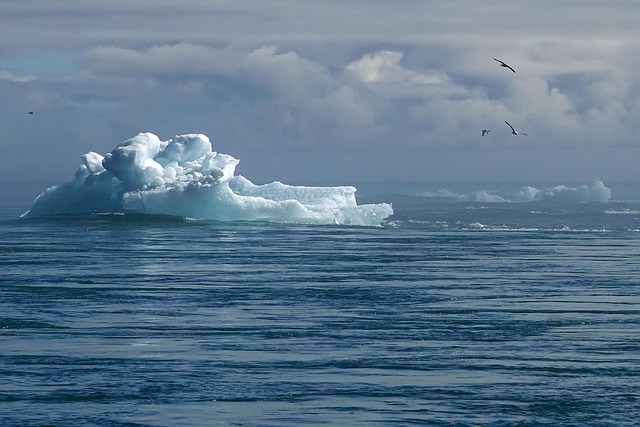As we navigate through the complexities of modern living, our awareness of health and nutrition takes center stage. We all strive for a healthy lifestyle, but how often do we consider the crucial connection between climate change and our water resources? The impact of climate change on water resources is more profound than most realize, and it directly affects how we stay hydrated and nourish our bodies.
Water is the essence of life. It not only quenches our thirst but is also essential in our daily rituals, from cooking to exercising. As climate change continues to affect water availability, the quality and quantity of our most vital resource are being challenged. Prolonged droughts, unpredictable rainfall, and extreme weather events disrupt the natural cycle of water—affecting everything from the water we drink to the produce we eat.
When considering healthy nutrition, we must acknowledge that many fruits and vegetables rely heavily on stable water sources for growth. Climate change alters farming patterns, leading to reduced crop yields and limited access to fresh produce. Consequently, this impacts our ability to maintain a balanced diet rich in the nutrients we need to thrive. A decline in agricultural productivity due to water scarcity may mean diminished options for our families and communities, limiting choices for healthy eating.
Furthermore, proper hydration habits become a daily challenge amid fluctuating water availability. In many regions, access to clean drinking water is no longer guaranteed, as climate-wrought changes lead to contamination risks. This scenario prompts a pressing question: how can we ensure our hydration habits remain healthy even when faced with these obstacles?
The answer lies in awareness and adaptability. By understanding the impact of climate change on water resources, we are better equipped to make informed decisions. Choosing to support sustainable practices, such as buying locally-sourced produce and advocating for smarter water management policies, can help mitigate these challenges. Implementing water conservation techniques at home can also contribute to preserving this vital resource for future generations.
Embracing a healthy lifestyle includes being proactive about hydration and nutrition, especially as we face the realities of climate change. Opting for water-rich foods, like cucumbers, watermelon, and strawberries, not only nourishes our bodies but also helps to alleviate some pressure on our water systems. By integrating these foods into our diets, we can combat hydration issues while promoting sustainable practices that consider the delicate balance of our environment.
Our hydration habits, therefore, must evolve in response to the world around us. By being mindful of climate change and its impact on water resources, we can cultivate a healthier relationship with both our bodies and our planet. Let’s take this opportunity to educate ourselves and adapt our lifestyle choices, ensuring that we continue to thrive even as we face the challenges brought about by a changing climate.



